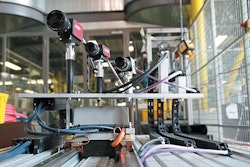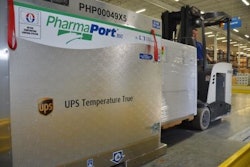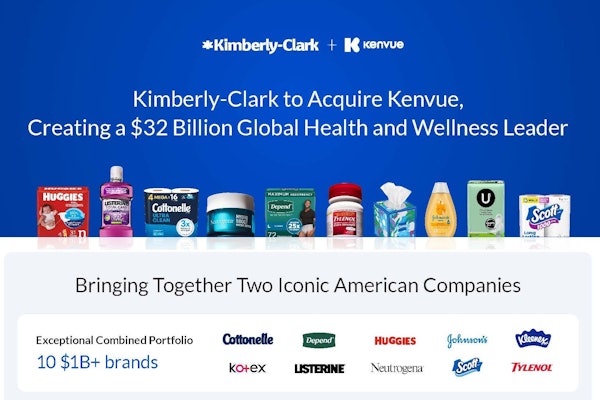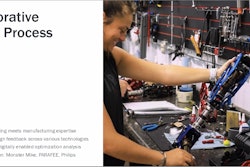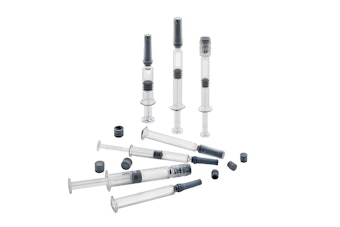This content was written and submitted by the supplier. It has only been modified to comply with this publication’s space and style.
BASF, Cargill and Novozymes today announced the achievement of an important milestone in their joint development of technologies to produce acrylic acid from renewable raw materials by successfully demonstrating the production of 3-hydroxypropionic acid (3-HP) in pilot scale.
3-HP is a renewable-based building block and one possible chemical precursor to acrylic acid. The companies also have successfully established several technologies to dehydrate 3-HP to acrylic acid at lab scale. This step in the process is critical since it is the foundation for production of acrylic acid. In August 2012, BASF, Cargill and Novozymes announced their joint agreement to develop a process for the conversion of renewable raw materials into a 100 percent bio-based acrylic acid.
“3-HP is a potential key raw material for the production of bio-based acrylic acid which is a precursor of superabsorbent polymers,” said Teressa Szelest, Senior Vice President Global Hygiene Business at BASF. “We still have a fair amount of work to do before the process is commercially ready, but this is a significant milestone and we are confident we can continue to the next level of scale-up for the entire process in 2014.”
Acrylic acid is a high-volume chemical that feeds into a broad range of products. BASF is the world’s largest producer of acrylic acid and has substantial capabilities in its production and downstream processing. BASF plans initially to use the bio-based acrylic acid to manufacture superabsorbent polymers that can soak up large amounts of liquid and are used mainly in baby diapers and other hygiene products. Presently, acrylic acid is produced by the oxidation of propylene derived from the refining of crude oil.
The companies’ joint project team combines world-class expertise in biotechnology, renewable feedstock, industrial scale fermentation, and in developing new chemical processes.




